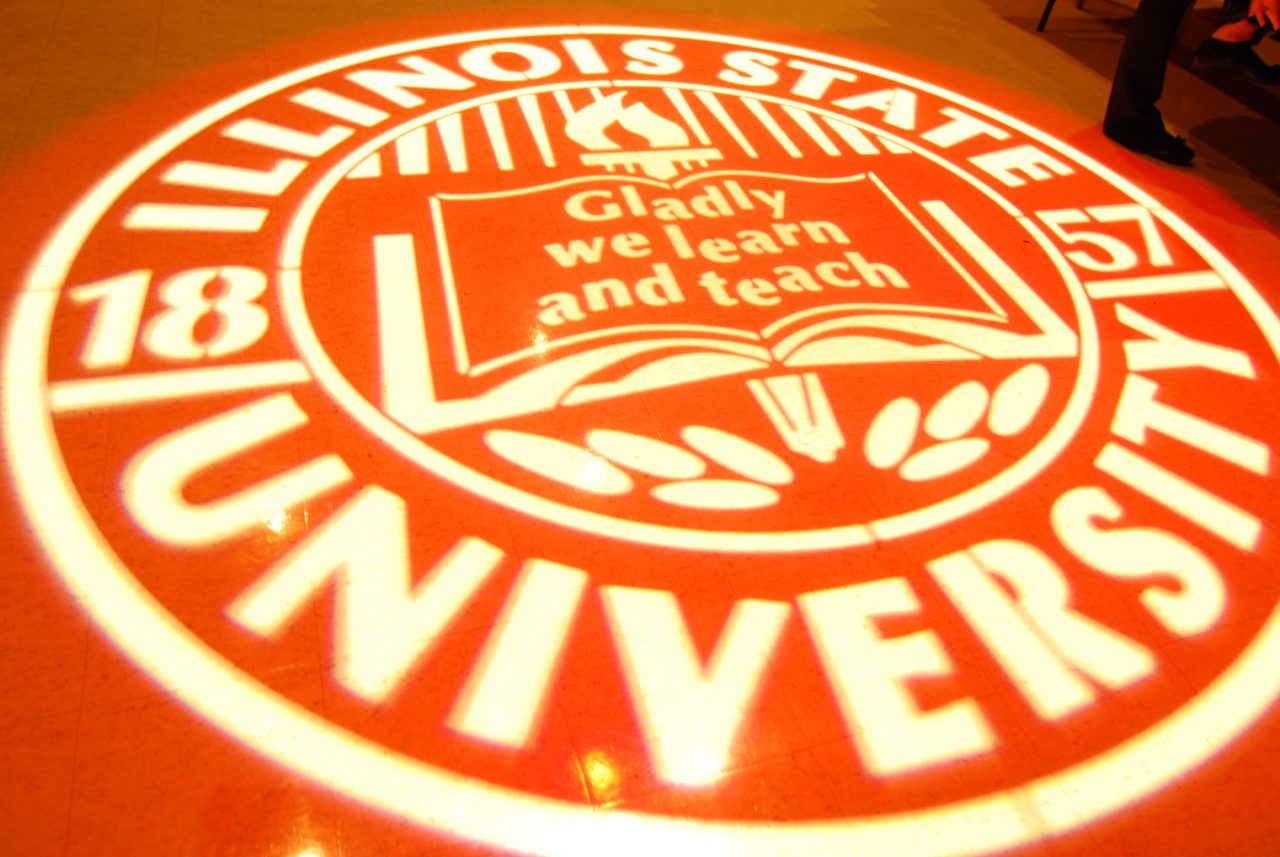When prospective students explore universities, they search for a sense of comfort and security. Underrepresented students in particular may search the curriculum offerings to locate a program that educates the whole campus on the dynamics of race and ethnicity. For decades, the Ethnic Studies Program at Illinois State has been meeting the needs of such students.
While the specific impetus at Illinois State is unknown, the beginning of the Ethnic Studies Program in 1973 was a probable response to the national Civil Rights Movement. Students of the 1960s and 1970s envisioned Ethnic Studies as a national interdisciplinary initiative and demanded a curriculum that reflected the United States as a whole rather than just its European inheritance.
Susan Kalter, Ethnic Studies faculty director and advisor, emphasizes “the more diverse the set of offerings, the better the school.” Through the program, students also have access to affiliated interdisciplinary minors including African-American Studies, Latin American, Caribbean, Latino/a Studies and Native American Studies. Courses include basic questions of ethnicity and explore the global formation of race and ethnicity in both a historical context and in the present day.
Kalter noted that on campus, the impact of the program is greater than perceived. Faculty members, especially those from underrepresented populations, are more likely to remain at an institution that supports this type of program, where students of all disciplines are exposed to the best scholarship about social diversity.
“We have people coming in who may not eventually take up the minor itself, but take several classes that are a part of it,” explained Kalter. “Just as you don’t have to be an English major to be affected by English 101, courses such as African-American Literature are taken by students across many majors,” facilitating awareness of race, ethnicity and nationality over a number of different racial categories.
Individuals gathered in Stevenson Hall recently for the first Ethnic Studies brown bag session. Assistant Professor of Politics and Government Shamira Gelbman (pictured above) sparked an engaging debate from a variety of disciplines while presenting her case study on the Afrikaner Nationalist Movement in South Africa. Attendees included faculty and students from Ethnic Studies, Sociology and Anthropology, Communication, English, Milner Library and Women’s and Gender Studies. The sessions, to be held each semester, were designed to build a community of individuals with similar interests but differing viewpoints.
What does the future hold for the program? Currently, only a minor is offered to undergraduates with an option to major through the Interdisciplinary Studies program. Discussions on expansion of the program have begun, taking into consideration a program major and a graduate-level teaching certificate. The certificate would equip area teachers with a broader base of studies and spread the program’s impact into the community.

